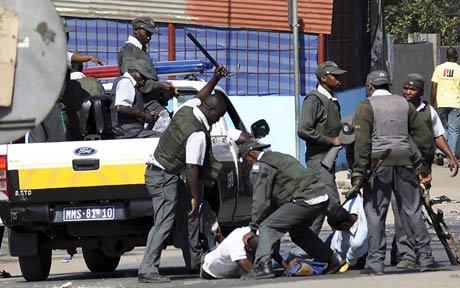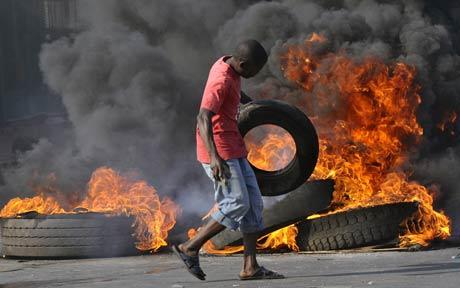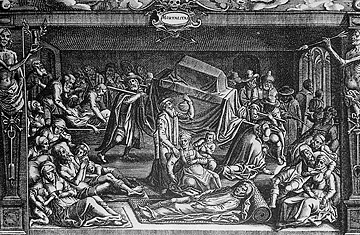…has Bill Gates finally unleashed the Zombie/Vampire/Sauron-Orc vaccine???
For your “WTF” folder…
*****
– Vampire Attack Rumors Trigger Riots, ‘Utter Chaos’ in Mozambique:
Riots have broken out in the town of Gile in Mozambique amid fears that blood-sucking vampires were active in the area with the help of government officials.
According to local media, fears of vampires have been circulating in recent months following an incident in which a mob attacked a local business owner in the locality of Muiane, who they believed was a vampire.
After looting the man’s shop, they went on to vandalize the homes of local politicians, including the head of the Muiane administrative post and of the local secretary of the ruling Frelimo Party.
Since that incident, rioting in the town of Gile has become so violent that Gile’s district administrator has had to flee to the neighboring district of Alto Molocue.
Read moreVampire Attack Rumors Trigger Riots, ‘Utter Chaos’ in Mozambique


